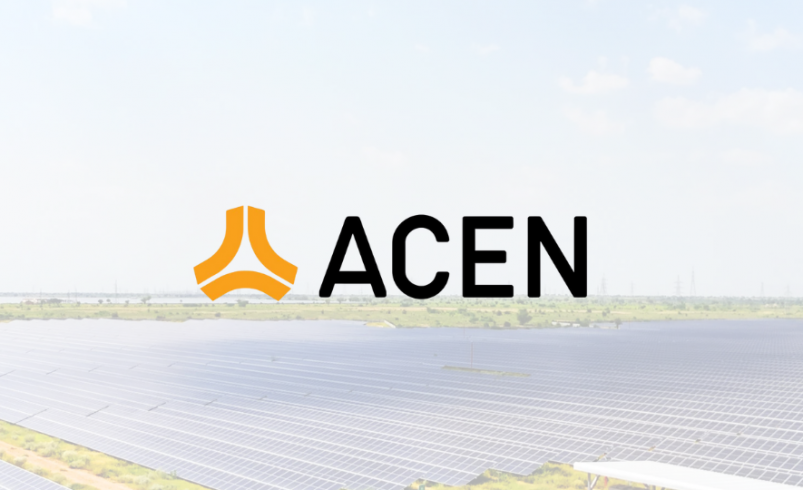ACEN tops 2,100 MW attributable renewables in India
- August 11, 2025
- 0

ACEN, the Ayala group’s listed renewable energy arm, said that it has reached over 2,100 MWdc (~1,600 MWac) of attributable renewable capacity in India, including 630 MWdc (420 MWac) already operating, as it expands its pipeline across Rajasthan, Karnataka, Gujarat, Maharashtra and Madhya Pradesh.
The milestone was highlighted during Philippine President Ferdinand R. Marcos Jr. ‘s state visit to India and at a CEO roundtable where ACEN International CEO Patrice Clausse provided updates on the company’s investments in the market. “India has become a cornerstone of our regional renewables strategy,” Clausse said. “Its ambitious target of 500 GW of renewable capacity by 2030, along with a supportive policy environment, provides a strong platform for long-term investment and collaboration.”
ACEN said it entered India in 2019 and now has two major partnerships with UPC Renewables and with Yanara (formerly BrightNight India), that together account for the cited attributable capacity.
“India is fast emerging as a global leader in clean energy with its visionary leadership and decisive action. This remarkable progress is built on an enabling policy framework, international cooperation, and a dynamic investment environment,” UPC Renewables’ CEO Alok Nigam said. “In this partnership with ACEN, we’re honored to contribute to this momentum with 630 MWdc (420 MWac) in operation and over ~500 MWdc (~420 MWac) under execution.”
Operating assets under the UPC partnership include three solar farms—Sitara Solar (140 MWdc / 100 MWac), Paryapt Solar (70 MWdc / 50 MWac) and Masaya Solar (420 MWdc / 300 MWac) — while ACEN and Yanara are developing hybrid and dispatchable projects such as the partly commissioned 153 MWdc (114 MWac) Optima project in Maharashtra.
ACEN’s immediate pipeline in India includes a 420 MWdc (300 MWac) solar farm, two firm and dispatchable renewable energy (FDRE) projects in Rajasthan totalling 806 MW (~709 MWac), and a 120 MW wind farm in Karnataka. The company said these projects have secured purchase agreements with major Indian counterparties including SECI, SJVN, NHPC (for 120 MW FDRE) and NTPC (for 110 MW FDRE).
Clausse emphasized opportunities to improve India’s investment environment by reducing delays in power purchase agreements and transmission infrastructure, streamlining regulatory processes, and ensuring timely implementation of change-in-law compensation.
“India stands out for its scale, innovation, and openness to global collaboration,” he said. “We look forward to continuing our partnerships and supporting India’s clean energy goals for the decades ahead.”
ACEN said it currently has ~7 GW of attributable renewable capacity across operational, under-construction, and committed projects in the region, and remains on track for 100% renewable generation by 2025 and Net Zero by 2050.
Separately, ACEN announced Monday it has postponed its proposed PHP 30-billion stock rights offering (SRO), originally targeted for September, due to revised scheduling of the group’s capital expenditures in several Southeast Asian markets. The SRO was intended to help finance the company’s renewable energy expansion.
AC Energy and Infrastructure Corporation and Arran Investment Pte Ltd, ACEN’s principal shareholders, have expressed support for the planned offer and intend to subscribe to their pro rata shares, subject to finalization of the terms. The board had earlier approved the issuance of primary common shares via a stock rights offer to eligible stockholders of record and the subsequent listing of those shares.
ACEN previously said the increase in its authorized capital stock was meant to enable fresh equity raising, whether through a stock rights offer, private placement, or follow-on offering. For the planned SRO, the board had set a maximum size of PHP 30 billion with a floor price of HP P2.30 per share.
Follow Power Philippines on Facebook and LinkedIn or join our Viber community to stay up to date on the latest energy news.